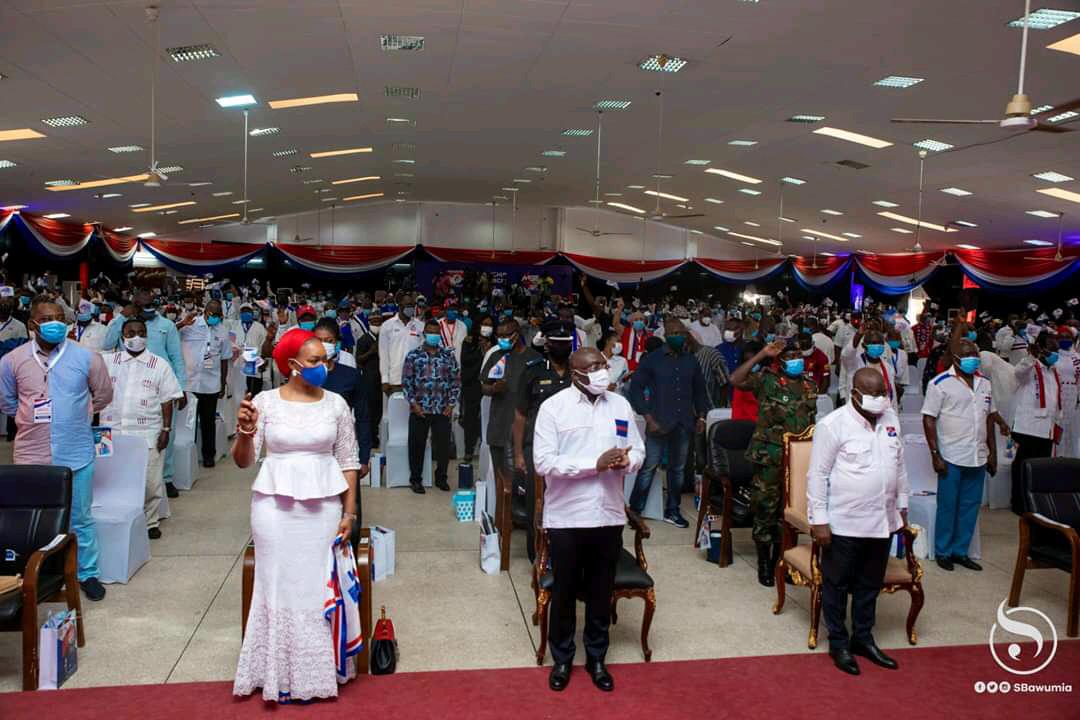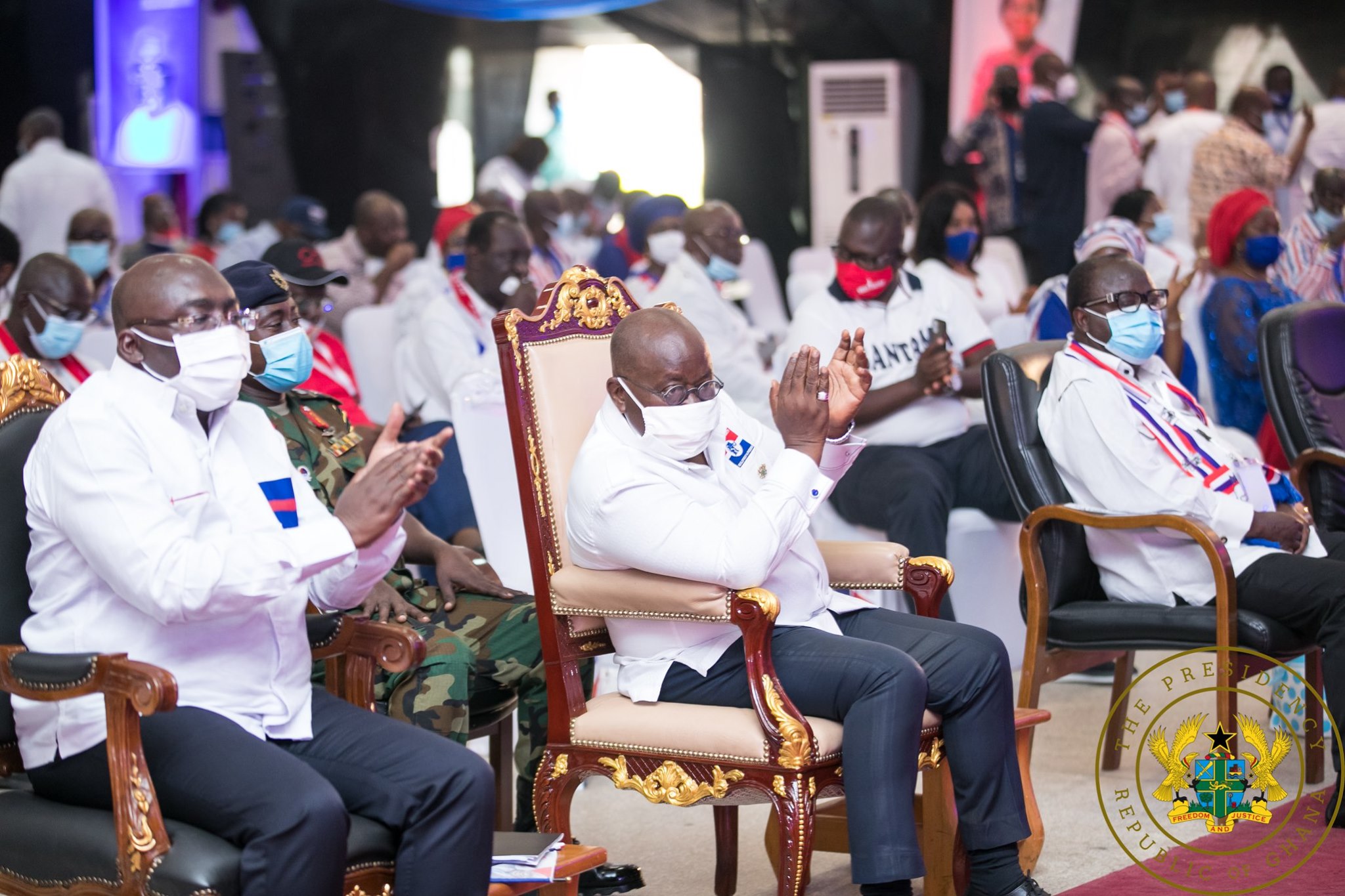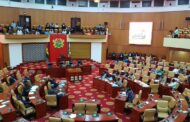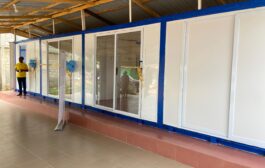President Akufo-Addo led administration has said in its second term, there will be a greater emphasis on housing delivery and will establish a National Rental Assistance Scheme (NRAS).
It said in partnership with the private sector, the Scheme will provide low-interest loans to eligible Ghanaians to enable them to pay rent advance.
These loans will be repaid every month to match the tenor of the rent and will be insured to ensure sustainability.
This is to address the short-to-medium term market failures in the renter-segment of the housing market.
Details of the NPP’s manifesto on Housing:
# Government will seed the Scheme with GH¢100 million which will be leveraged to the crowd- in additional investment from the private sector.
The Scheme will target individuals (both in the formal and informal sectors) with identifiable and regular income. The rent advance loans will be paid directly into the bank accounts of landlords, who would have to register with the Scheme.
As part of our interventions, we will implement the necessary regulatory, institutional, and operational reforms of the Rent Control Department, including the digitization of their operations, to enhance delivery and make it better able to serve the changing needs of market players, including landlords and tenants. A new Rent Control Act has been drafted for review by Cabinet in this direction.
# Our housing deficit is particularly acute for low-income households. We will address this segment of the market by building low-income housing estates over the next four years, using local materials by working with the Building and Roads Research Institute and private developers. Land banks have been secured for this purpose, and the houses will be available for rent, rent-to-own, or outright purchase.
Under an accelerated “National Housing Programme”, the number of housing units, currently being delivered annually nationwide by both the private and public sectors, will be increased threefold.
The NPP Government will set-up two anchor institutions: a Ghana Housing Authority (GHA), and a National Housing and Mortgage Finance Company (NHMF), working together but with different roles to drive the housing delivery process. The Ghana Housing Authority (GHA) will improve the legal and regulatory framework, create land banks, provide infrastructure, and standardize houses.
The NHMF will establish financial arrangements for the demand and supply-side housing markets by managing the Mortgage and Housing Fund set up in the 2019 Budget, provide incentives to enable the private sector to build communities’/housing units, and create jobs in the process across all MMDAs in the country.
Houses will be available to Government employees or other formal sector workers as well as the informal sector.
• We will also:
• expand the capacity of State Housing Company Limited (SHC) to lead the government’s efforts, along with the private sector, to build a large pool of affordable homes for Ghanaian workers and families
• create Land Banks and provide Infrastructure in partnership with Landowners and District Assemblies.
The serviced plots will be managed by the Ghana Housing Authority to reduce the problems faced by individuals and real estate developers during the land acquisition process
• promote and sponsor Real Estate Investment Trusts (REITs) as a vehicle to encourage rent-to-own schemes, private sector mortgage finance companies, and mortgage-backed securities
• review the Home Mortgage Finance Act, 2008 (Act 770) to ensure that foreclosure processes are simplified
• implement more rigorously the tax-deductible mortgage interest regime
• amend the law to allow for Pension Funds to invest more than 5% of their portfolio in real estate assets, including pension backed mortgages
• provide targeted, project-based tax incentives (instead of blanket incentives) for private developers to build more social housing, as well as inner-city redevelopment and revitalization schemes, and
• promote setting up of integrated local manufacturing industry to support the housing sector through tax incentives, creation of markets as well as tax rebates on some imported materials among others.
Source: Mybrytfmonline/Kofi Atakora




















































